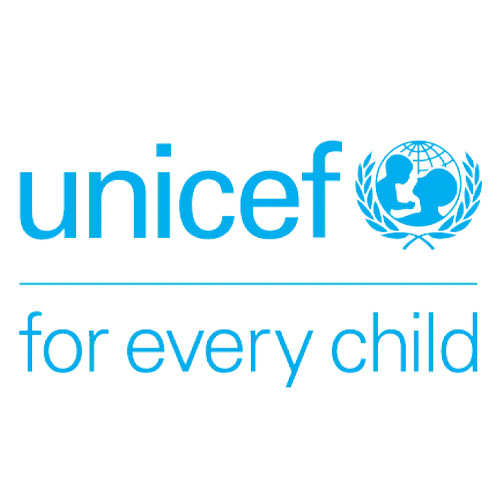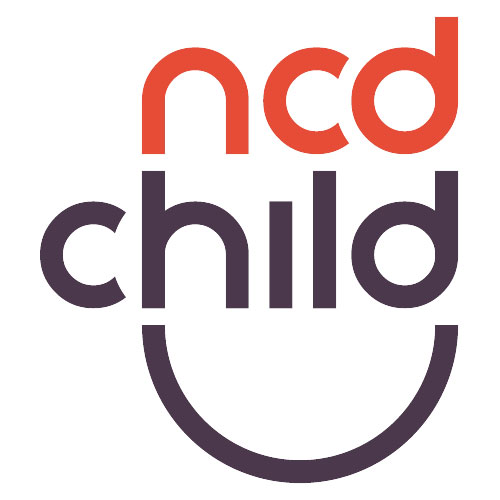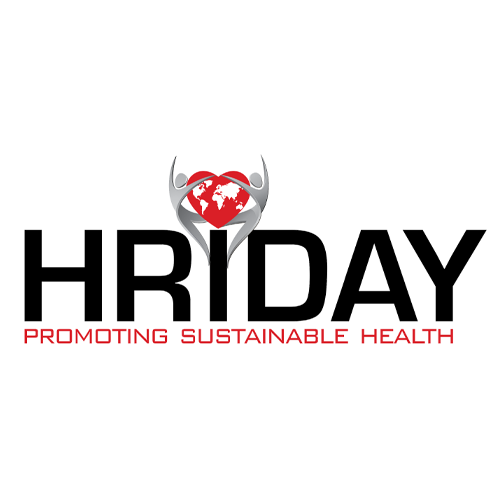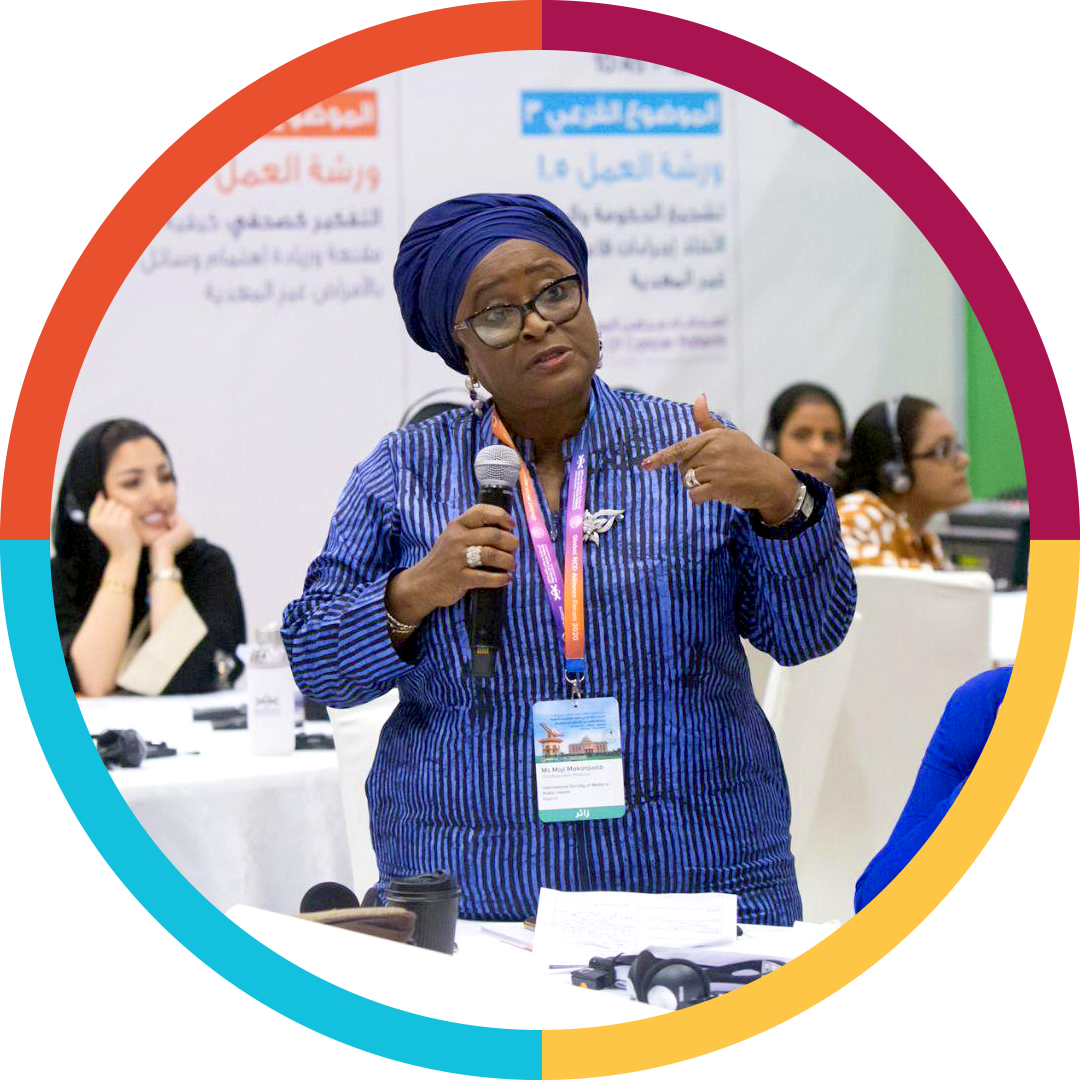




We, the young people of the global NCD community—including 60 youth from over 40 countries, participants of the Global NCD Alliance Forum (Kigali, Rwanda)—unite under a shared vision of combating non-communicable diseases (NCDs), including mental health and neurological disorders. NCDs, including poor mental health, pose a catastrophic threat to our generation, undermining our health, dignity, potential, and future.
NCDs and mental health continue to be major causes of morbidity and mortality worldwide, with young people carrying much of the burden throughout their lives. Globally, NCDs kill 18 million people before they turn 70; of these, 82% are in low- and middle-income countries (LMICs) (WHO, 2024). Among children and adolescents under 20, approximately one million die due to NCDs annually (UNICEF, 2025). One in seven young people experiences a mental health condition, yet many lack accurate information and access to the care and support they need. In a survey of over 41,000 young people conducted via U-Report, mental health was identified as one of the top three challenges young people face in staying healthy.
The Kigali Youth Declaration, co-created by young people in the global NCD community, highlights the urgency of addressing youth concerns and taking action against NCDs, including mental health. Our rights, health, and well-being must be at the centre of a collaborative action plan to build healthy, safe, and sustainable living environments. This declaration is also informed by responses from U-Report, UNICEF’s digital community for young people, by young people.
We call for bold leadership that prioritises action on NCDs and mental health, protects our health and well-being today, and guarantees a better, healthier future for all.
A Unified Voice for Change
As young people, we face significant challenges in preventing and controlling NCDs and poor mental health outcomes. These include:
- Limited representation in decision-making processes
- A lack of youth-focused strategies
- Targeted marketing by commercial actors
- The absence of meaningful youth representation in policy-making
We are particularly vulnerable to NCDs due to exposure to modifiable risk factors such as poor diets (including sugar-sweetened beverages), physical inactivity, tobacco and e-cigarette use, alcohol consumption, and air pollution. Mental health is intrinsically linked to these challenges yet remains marginalised in NCD policies.
NCDs, including mental health struggles, impact young people’s long-term health, education, and economic opportunities. Risk factors such as poor diet, lack of exercise, and exposure to unhealthy products are shaped by environmental and social factors, including urbanisation and limited healthcare access (WHO, 2022). Additionally, stigma, low awareness of NCDs, and inadequate youth-friendly health services make it difficult for young people to achieve optimal health. The lack of mental health support exacerbates these challenges, particularly in LMICs, where public health systems are overburdened.
These trends highlight the urgent need for action and a holistic approach to youth well-being.
We, the youth, are not just affected by NCDs and mental health conditions—we are agents of change and future leaders. We must be recognised as crucial stakeholders in decision-making and policymaking processes. We are committed to working alongside all generations to accelerate action on NCDs and mental health, valuing intergenerational knowledge exchange and mentorship in this effort.






